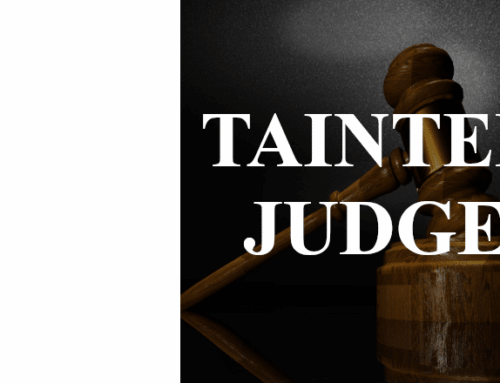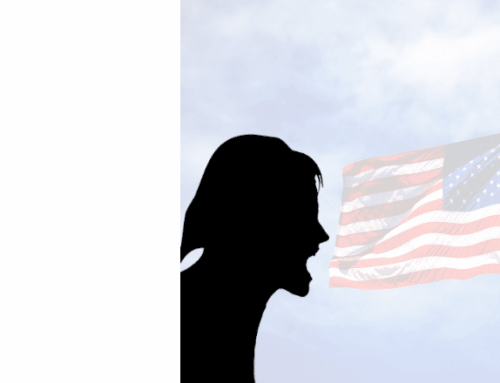Catholic League president Bill Donohue explains why Costco has offended Christians:
Why do organizations that have a very good family-friendly reputation find it necessary to offend Christians, especially during the Christmas season? As I recently detailed, the Salvation Army did so by adopting the racist ideas imbued in critical race theory. Now Costco has offended Christians by relegating Christmas to a second-class status.
In the December edition of Costco Connection, a publication of Costco Wholesale, the lead article, “A Festive Season,” compares Christmas to Hanukkah and Kwanzaa in a way that is downright insulting.
Written by Tim Talevich, the editorial director of the magazine, he offers a 111-word account of Hanukkah, a 38-word statement about Christmas and a 43-word summary of Kwanzaa. This alone would not mean much, but when we read what he says about the three holidays, it takes on more significance.
What Talevich says about Hanukkah and Kwanzaa is accurate and nicely done. But when it comes to Christmas, he resorts to editorializing, and in a way that is not endearing to Christians. We are told that December 25 is “likely not his [Jesus’] birthday” and that the “early Christians didn’t even celebrate Christmas.” He closes by saying “it’s a popular secular and religious event around the world.”
There is a big difference between these three holidays. Hanukkah is a minor holiday in the Jewish tradition, one that is not mandated by the Torah the way other Jewish holidays are (e.g., Yom Kippur). Christmas is a major holiday for Christians. Kwanzaa was made up out of whole cloth in 1966 by an ex-con who served four years in prison—five years after he founded Kwanzaa—for beating and torturing two women.
It may be that December 25 is not the actual birthday of Jesus. So what? Why be pedantic about it? That’s when it is celebrated. We declared our independence from England on July 2, 1776, yet we celebrate the Declaration on July 4. Moreover, if Talevich is quick to doubt the birth date of Jesus, why did he write with certainty about the Maccabees in the second century B.C.?
The first evidence of celebrating Christmas is around A.D. 200. What does this mean to the average Christian? Nothing. Lots of celebratory events in history evolved over time, for all sorts of reasons. So what is the point that Talevich wants to make?
Any cultural observer worth his salt knows the game that is being played here. In keeping with the cultural mantra about inclusion and diversity—which are clearly political constructs—he seeks to elevate any day in December that could possibly compete with Christmas. That is why he even finds time to mention the winter solstice on December 21, National Ugly Sweater Day on December 17, and Festivus on December 23.
Talevich is not alone in diluting the importance of Christmas. Secularists can’t cancel it, though many have tried, but they can create faux competition with it. Those who think this is an overreaction need to ask themselves how African Americans would react if we turned February into Diversity Month, celebrating our multicultural heritage. What would this do to the significance of Black History Month?
Talevich ends by saying, “Costco’s role in all this? We’re here with food, gifts and just about anything else you might need to fully celebrate December’s holidays.”
He is being disingenuous. Without Christmas, Costco’s cash registers wouldn’t ring so loudly. The food and gifts they sell are overwhelmingly Christmas gifts, and everyone knows it.
Recognizing all legitimate holidays is a good thing, but treating a major religious holiday as if it were inauthentic is offensive. This wouldn’t matter if Costco had a lousy reputation. And it wouldn’t matter if Talevich were a low-level employee. But neither is true. Which is why it matters.
Contact: ttalevich@costco.com







